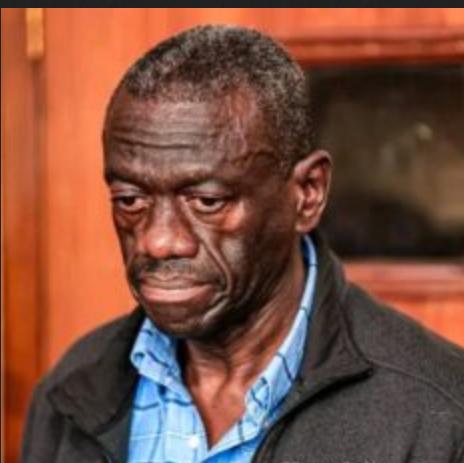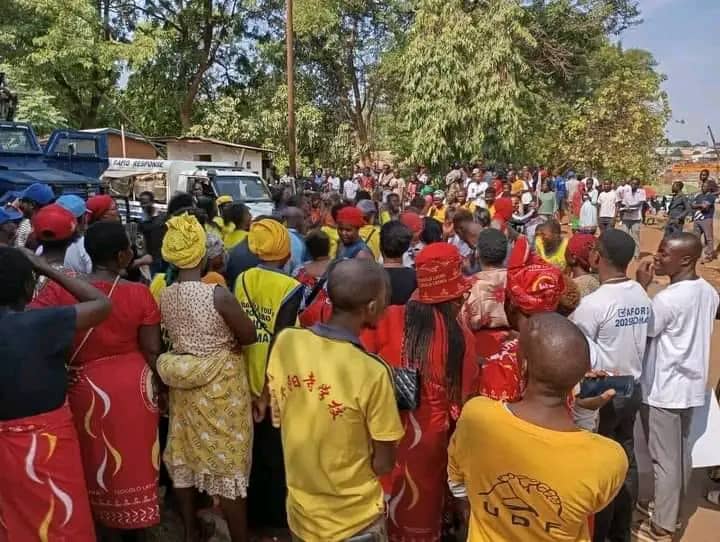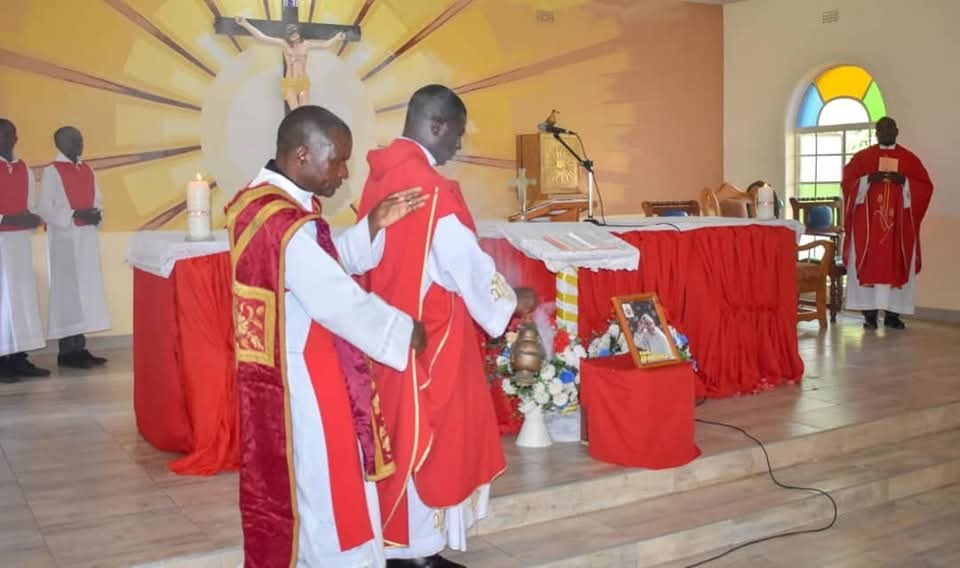By Twink Jones Gadama
The calls for Kizza Besigye’s release have been mounting, both domestically and internationally, yet the Ugandan military remains unmoved.
Despite his deteriorating health, Besigye, a former presidential candidate, continues to languish in detention.
So, what’s behind the military’s defiance, and why hasn’t President Yoweri Museveni, the commander-in-chief, intervened to secure Besigye’s release?
To understand the situation, it’s essential to examine the events leading up to Besigye’s detention.
In November 2024, he was abducted in Nairobi, Kenya, and taken to Uganda, where he was charged with various offenses, including treason, in a military court.
This move was widely condemned, with many arguing that Besigye’s trial in a military court was unconstitutional.
In a landmark ruling on January 31, 2025, Uganda’s Supreme Court declared that trying civilians in military courts was indeed unconstitutional.
The court ordered that Besigye’s case, along with those of other civilians, be transferred to civilian courts.
However, the military has refused to comply with the ruling, insisting that Besigye will continue to face trial in the General Court Martial.
President Museveni, who has been in power since 1986, has also dismissed the Supreme Court’s ruling, stating that military courts are essential for maintaining stability in Uganda.
This stance has raised concerns about the government’s commitment to upholding the rule of law and respecting the independence of the judiciary.
The military’s defiance is not only a challenge to the judiciary but also a reflection of the deep-seated tensions between the government and the opposition.
Besigye, a longtime critic of Museveni’s regime, has been a thorn in the government’s side, and his detention is seen by many as a politically motivated move to silence him.
The international community has also weighed in on the issue, with the Commonwealth and human rights organizations calling for Besigye’s immediate release.
However, these appeals seem to have fallen on deaf ears, with the government and military remaining resolute in their stance.
As Besigye’s health continues to deteriorate, the situation is becoming increasingly dire.
His lawyer, Eron Kiiza, has also been sentenced to nine months in prison for “contempt of court,” further highlighting the government’s determination to silence its critics.
In conclusion, the Ugandan military’s defiance in the face of widespread calls for Kizza Besigye’s release is a complex issue, rooted in the country’s tumultuous politics and the government’s desire to maintain power.
As the situation continues to unfold, it remains to be seen whether the international community’s pressure will eventually lead to Besigye’s release.
One thing is certain, however: the Ugandan government’s actions will have far-reaching implications for the country’s democracy and human rights record.




